Exploring Australia, from Bondi’s beaches to the Great Barrier Reef, is unforgettable. Understanding Australian laws, such as the legal drinking age and customs restrictions, is crucial. Jaywalking can result in fines, and harming wildlife carries strict penalties. Carry identification and follow smoking laws to ensure a safe and enjoyable trip.
Embracing Australian Culture Respectfully
Taking the time to understand local customs, showing sensitivity to Aboriginal culture, and communicating effectively are key to embracing Australian culture respectfully.
Understanding Local Customs
Australia is known for its laid-back and friendly culture. Greeting people with a smile and a simple “G’day” goes a long way. Respect personal space and maintain a casual demeanour. Tipping is not compulsory in Australia, but rounding up the bill is appreciated in restaurants.
Dress codes vary depending on the location. Urban centres like Sydney and Melbourne have a trendier vibe, while coastal towns are more relaxed. Always dress appropriately for the occasion, and remember that shoes are expected in most indoor public places.
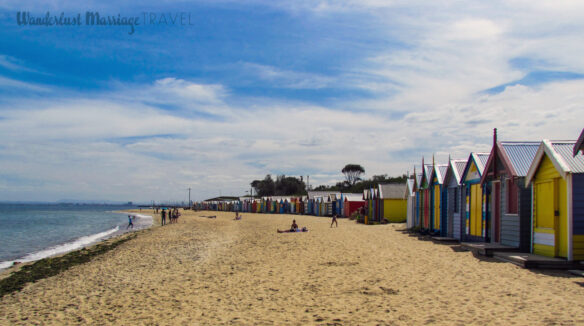
Aboriginal Cultural Sensitivity
Respect Aboriginal culture: seek permission on their land, follow community guidelines, avoid photos without consent, and learn a few words in their language. Engage with Aboriginal guides to understand their culture and acknowledge the traditional land custodians.
Language and Communication
Australians speak English, but there are unique slang terms that you might encounter. Phrases like “arvo” (afternoon) and “mate” (friend) are commonly used. Embrace this informal way of talking to feel more connected.
Politeness is key in communication. Use “please” and “thank you” often. If you’re unsure about something, don’t hesitate to ask. Australians appreciate straightforwardness and honesty. Keeping conversations light-hearted and avoiding controversial topics can foster positive interactions.
Navigating Australian Laws Successfully
To avoid legal issues, travellers to Australia need to pay close attention to visa requirements, drink responsibly, and respect wildlife and the environment.
Visa Requirements and Immigration Law
Ensure your visa is correctly arranged before travelling. Tourist, business, and working holiday visas are common options. Check the Department of Home Affairs website for the most accurate and up-to-date information respective to your country of origin.
Overstaying your visa can result in penalties, including bans on future travel to Australia. Always carry your passport and visa details, as authorities may request these at any time.
Alcohol and Party Guidelines
The laws around drinking and partying are strict in Australia. Purchasing and consuming alcohol is only legal if you are 18 years of age or older. Drink responsibly, especially in public areas, where fines for public intoxication can be hefty.
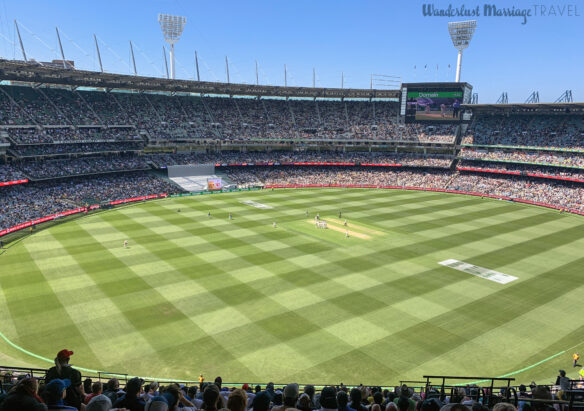
If you plan to drive, familiarise yourself with drunk-driving laws. In Florida and many other U.S. states, the legal blood alcohol content is .08, but in Australia, it is just .05. So travellers should definitely be aware of that! Penalties for drink driving depend on the level of intoxication, with severe penalties including heavy fines and potential jail time.

Wildlife Protection Laws
Australia’s unique wildlife is protected. Disturbing or harming animals can result in steep fines and other penalties as it is against Australian laws. Always keep a safe distance from wildlife, and never feed or handle animals unless under professional supervision.
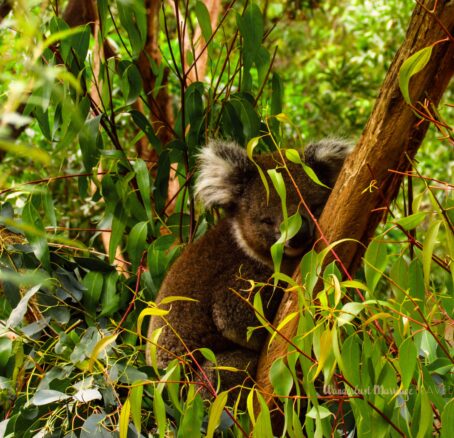
Familiarise yourself with local guidelines, particularly in national parks and conservation areas, where rules are more stringent to protect endangered species.
Environmental Conservation
Environmental protection is taken seriously in Australia. Follow regulations to protect natural habitats, including rules on littering, camping, and using natural resources like water.
Participating in eco-friendly activities and respecting conservation laws helps preserve the environment for future visitors. Always dispose of waste in designated bins and follow “leave no trace” principles when exploring natural areas.
Staying Safe and Healthy
Staying safe and healthy while travelling in Australia involves securing proper health insurance, practising road safety, and being prepared with emergency contacts.
Travel Insurance and Health Care
Make sure you get travel insurance that covers medical expenses, trip cancellations, and lost belongings. This is essential for peace of mind. Australia has excellent healthcare facilities, but costs can be high for tourists. Check if your insurance covers visits to hospitals, doctors, and emergency treatments.
You might need vaccinations depending on where you’re coming from. It’s wise to carry a basic first-aid kit. Items like band-aids, antiseptics, and pain relievers can be very handy.
Use the National Health System (Medicare) if you come from a country with a reciprocal health care agreement with Australia. Registering for Medicare can help you receive essential medical treatments at reduced costs.
Road Safety for Travelling
When driving in Australia, always keep to the left side of the road and follow speed limits. Australian wildlife like kangaroos can be unpredictable, especially at dusk and dawn, so take extra caution during these times.

Make sure your vehicle is roadworthy and properly maintained. Carry essentials like spare tyres, water, and a map. Using a GPS is recommended, but don’t solely rely on it, as remote areas might have poor signals.
Drink-driving laws are strictly enforced. Never drive under the influence, and ensure all passengers wear seatbelts. If renting a vehicle, check the insurance coverage and familiarise yourself with local traffic rules.
Emergency Contacts and Assistance
Always have a list of emergency contacts handy. This includes local authorities, medical facilities, and your country’s embassy. You can dial 000 for police, fire, or ambulance emergencies in Australia.
Store the contact number for your insurance provider and a local trusted person who can help if needed. Familiarise yourself with the locations of the nearest hospitals and pharmacies, especially if you are in a remote area.
There are 24/7 emergency services in most parts of Australia, making it essential to know your closest emergency medical facilities. In national parks or remote locations, ranger stations can be a great source of assistance and information.
Travel Tips and Recommendations
Australia offers stunning landscapes, diverse accommodations, and various transportation methods tailored for both budget and luxury travellers. Enhance your Aussie adventure by planning strategically and staying informed.
Itineraries for Diverse Landscapes
Australia boasts a variety of breathtaking landscapes, from beaches to deserts. Create a flexible itinerary incorporating both urban experiences like Sydney’s Opera House and natural wonders like the Great Barrier Reef.
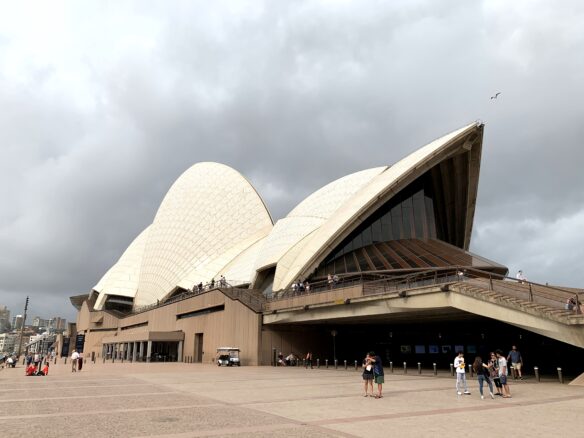
Key Locations:
- Sydney
- Melbourne
- Great Barrier Reef
- Uluru
For nature lovers, include national parks such as Kakadu and Daintree Rainforest. Allocate a few days for each location and plan activities like snorkelling, hiking, and city tours.
Budgeting for Your Journey
Travelling through Australia can be pricey, so budget wisely. Daily expenses can vary depending on accommodation and activities. Expect to spend around AUD 100-200+ per day, depending on your budget, to cover food, lodging, and transportation.
Expense Breakdown:
- Accommodation: AUD 30 hostel – 300+ luxury
- Food: AUD 20-50+
- Transport: AUD 10-40+
- Activities: AUD 50-150+
Budget travelers can avail of a variety of ways to save money while exploring Australia. Visit free attractions like the Royal Botanic Gardens and various national parks to manage costs. Consider cooking your own meals or eating at local markets for affordable dining. Australia is also packed with hiking trails offering beautiful vistas.
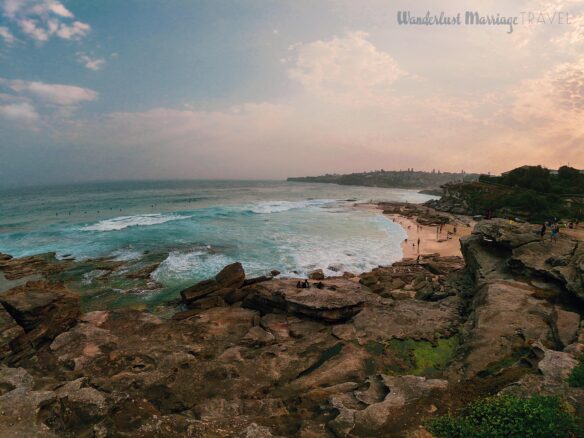
Accommodation Options
Australia offers diverse lodging options catering to different budgets. Choose from hostels, hotels, and vacation rentals.
Options List:
- Hostels: Budget-friendly, social environment
- Hotels: Mid-range to luxury, various amenities
- Vacation Rentals: Ideal for groups and families
For a unique experience, investigate eco-lodges in rural areas or seaside cottages along the coast. Always book in advance, especially during peak tourist seasons, to secure the best rates.
Transportation Methods
Navigating Australia efficiently requires smart transportation choices. Cities offer public transit such as buses, trams, and trains. Consider renting a car for road trips, which provides flexibility and access to remote areas.

Transport Choices:
- Public Transport: Reliable in cities, cost-effective
- Car Rental: Freedom for road trips, weekly rentals available
- Domestic Flights: Fast travel between major cities
Cycling is also an eco-friendly and scenic option for local exploration—research transportation options online to find the most convenient and economical methods for your route.
Conclusion
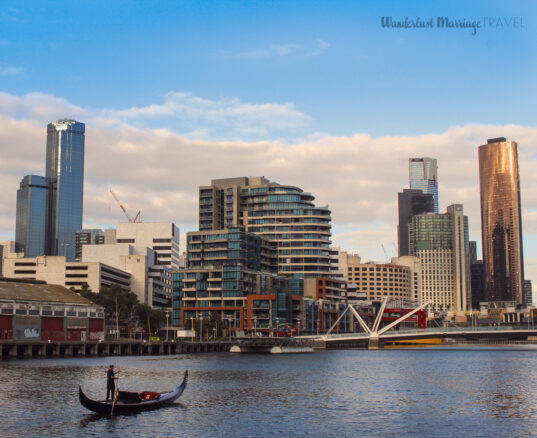
By understanding and respecting Australia’s laws and cultural practices, travellers can ensure a smooth and enjoyable adventure. Awareness of local regulations, such as the legal drinking age, wildlife protection, and road safety, coupled with cultural sensitivity, enhances the overall experience. Proper preparation and adherence to these guidelines will help you make the most of your Aussie adventure, ensuring it is both memorable and trouble-free.
Photos included in this article our from a library of images taken from around Australia by Alex and Bell here at Wanderlust Marriage Travel.
This article is a guest contribution written by Jana Novak. Jana is part of the content team at The Long Reach. Jana has worked in the travel industry since graduating from university. When not researching or writing her latest article, Jana can be found discovering the great outdoors, walking, or cycling.


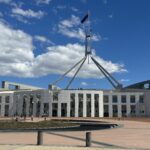


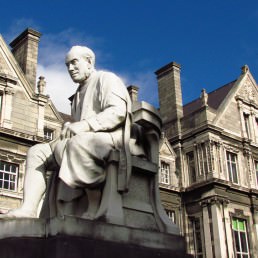 Traveling the World and Acing Your Studies: A Guide for Students
Traveling the World and Acing Your Studies: A Guide for Students  5 Exciting Reasons to Visit Muskoka for a Family Vacation In 2024
5 Exciting Reasons to Visit Muskoka for a Family Vacation In 2024